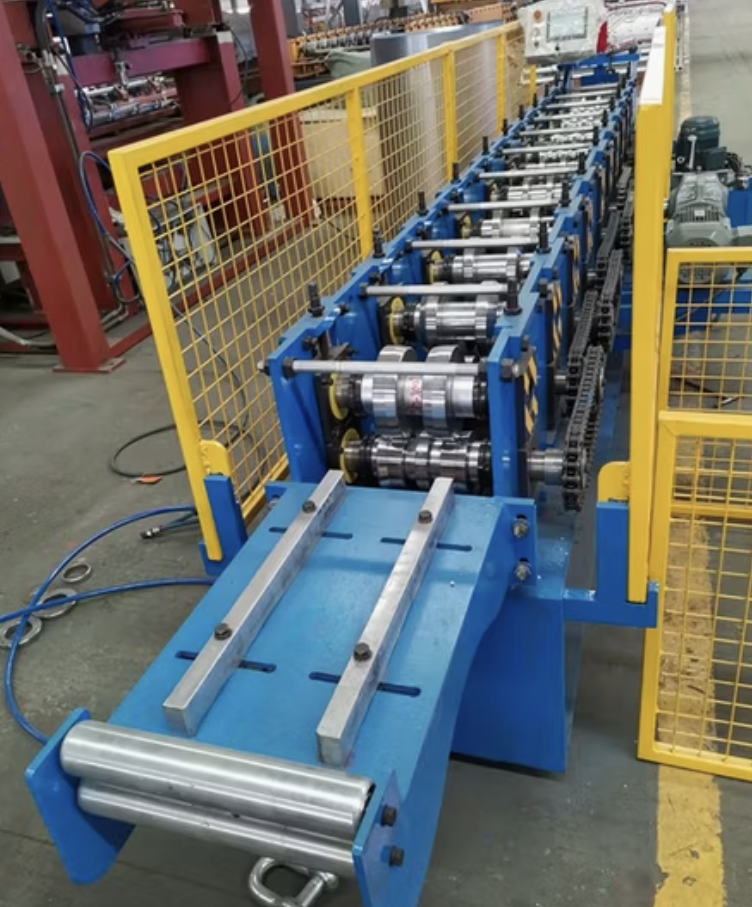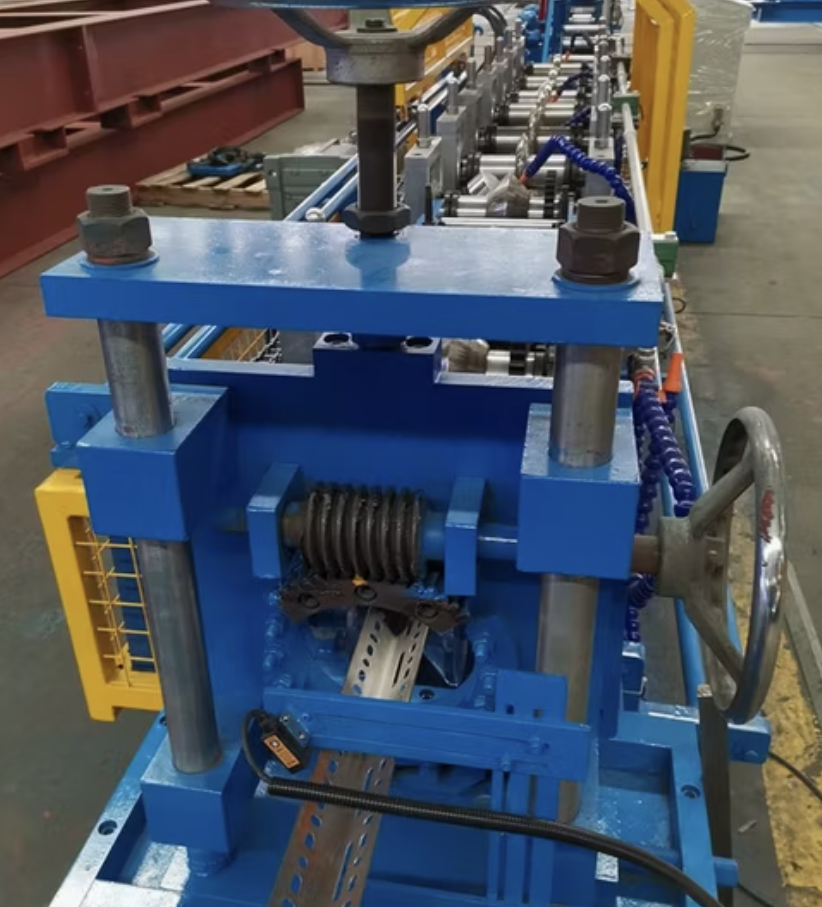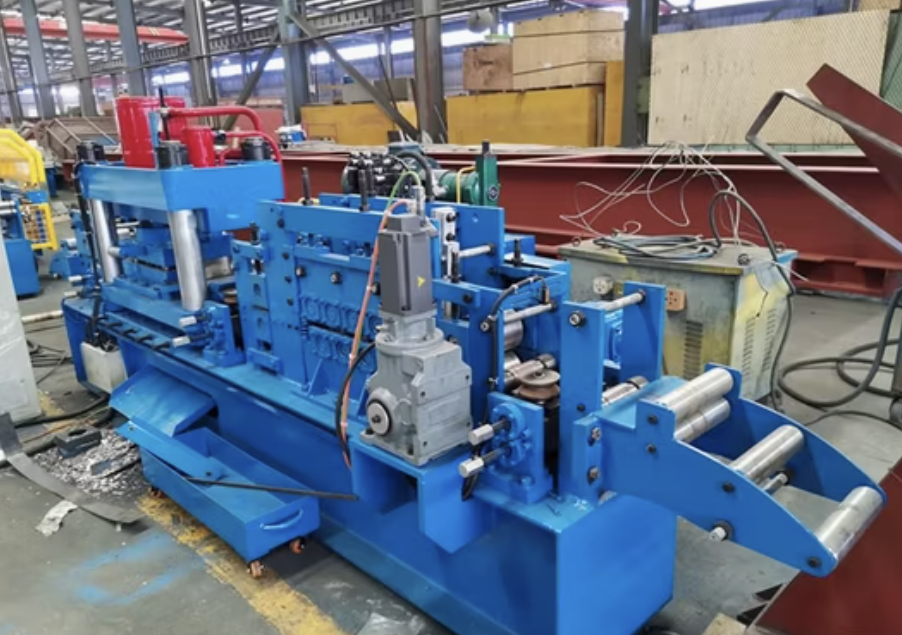To express an interest in this machine please submit the form below.

Not Sure What Machine You Need?
Select Your Profile, We'll Match It
Choose your desired profile drawing, and let Machine Matcher connect you with the best roll forming machine tailored to your needs.
Browse Profiles



A drywall roll forming machine is an advanced industrial equipment designed to manufacture drywall profiles, such as studs, tracks, and ceiling channels, with high precision and efficiency. These profiles are integral to constructing partition walls and suspended ceilings in residential, commercial, and industrial spaces. The machine is known for its accuracy, speed, and ability to handle a variety of materials.
The drywall roll forming machine transforms metal coils into precise drywall profiles through a continuous bending process. The machine is equipped with multiple rollers, a hydraulic cutting system, and a PLC control system to ensure smooth, accurate, and automated production. It is ideal for producing profiles in bulk with minimal material wastage.
Q1. What materials can the drywall roll forming machine process?
A: The machine can process galvanized steel, aluminum, and other light metals with a thickness range of 0.4mm to 1.2mm.
Q2. How customizable are the profiles?
A: The machine is highly customizable. It can produce standard sizes (e.g., 50mm, 75mm, 100mm) and unique profiles based on customer requirements.
Q3. Is operator training required to use the machine?
A: Yes, basic training is recommended for understanding the PLC control system, profile adjustments, and safety measures.
Q4. Can the machine handle high-volume production?
A: Yes, with a production speed of up to 40 meters per minute, it is ideal for high-volume manufacturing.
Q5. What safety features does the machine include?
A: The machine is equipped with safety guards, emergency stop buttons, and an enclosed design to protect operators.
Q6. What is the average delivery time for a drywall roll forming machine?
A: Delivery times vary, but most machines are shipped within 45–60 days after order confirmation.
Q7. What maintenance is required to ensure long-term performance?
A: Regular cleaning, lubrication, and inspection of components like rollers and cutting blades are essential. Annual calibration is also recommended.
Q8. Is the machine compatible with different power supplies?
A: Yes, it can be configured for 220V, 380V, or 440V, depending on the buyer’s location.
Copyright 2026 © Machine Matcher.